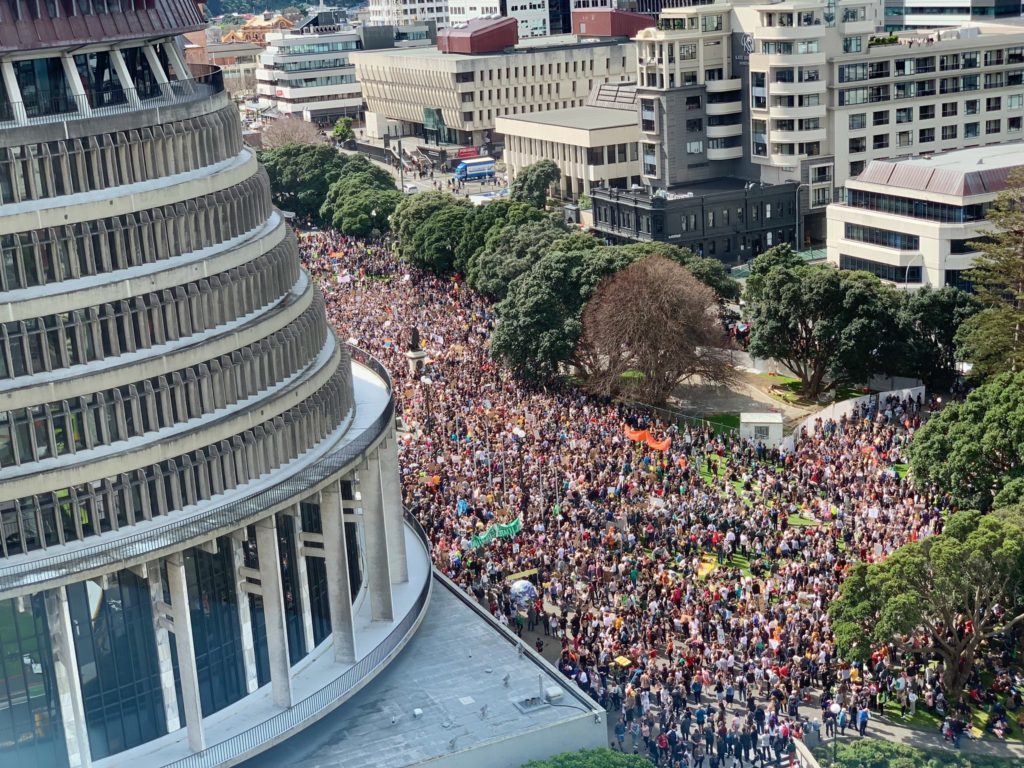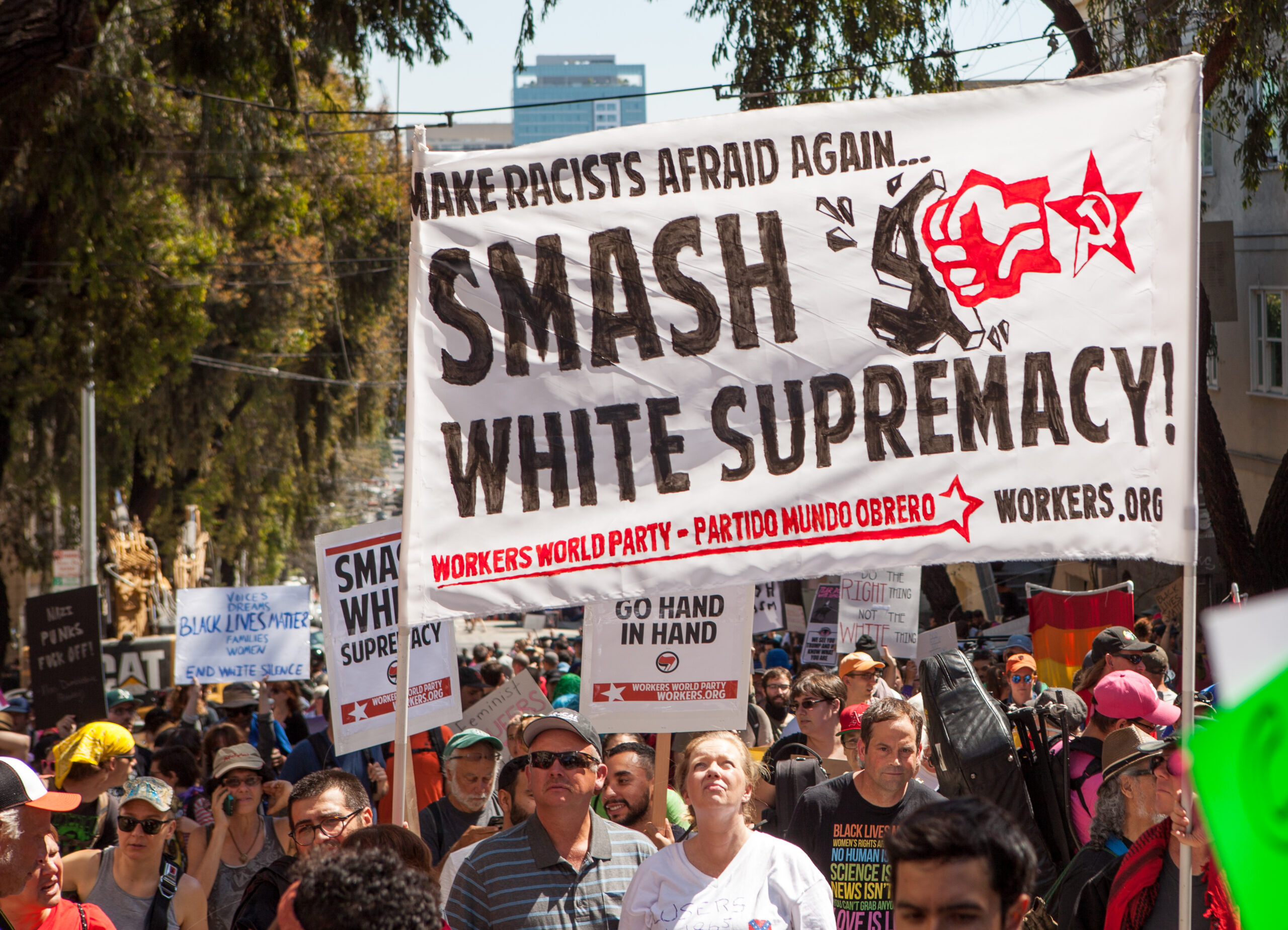As another year opens, everyone trundles back to work or to study after well-deserved breaks and family gatherings. However, the world did not stop over the summer break. 2020 begins in prolonged crisis, with everyday bringing fresh news of financial, political and environmental issues that threaten our very existence. It can be so overwhelming not just to consciously have to wade through the existential threat of climate change and the aftermath of the firestorms in Australia, but also through our own everyday stresses that grow out of control.
Modern living is not forgiving. As a student or young worker it often revolves around the yearly search for a place to live, struggling to make ends meet each week, and suffering under the expectations that are placed upon us by our bosses or the institutions we pay to study at. Those places that we devote whole sections of our life to fail to support us. Mental support in society in general, and specifically at university, is woefully inadequate to deal with these pressures and so we are left to struggle on. Our conditions at work are at the whim of employers and although the minimum wage has increased, welfare payments have not, and still the cost of living climbs ever higher.
Our housing crisis has not eased as promised by our current government, neither have they made any serious attempt to deal with carbon emissions and mitigation of climate change. The rhetoric is different from the previous government, but the actions amount to little – and yet as far as parliamentary options are concerned anything else would be far more terrible.
There are still ways to make a tangible difference. Through organising and fighting for our rights outside of parliament real change and the possibility of a new world open up. 2019 was a year of inspiring rebellions the world over, from Sudan, Lebanon, Ecuador, Hong Kong, and massive strikes across France, India and South Korea to name just a few. Students took a lead in these actions, building momentum and maintaining pressure on political leaders to keep that hope of another world alive. 2019 was also the year of the climate strike – built and led by students following the example set by Greta Thunberg. Continuing this collective action is all the more necessary in face of our continuing climate crisis.
Our side is still suffering from generations of attacks on our own collective organisations. Our student unions have been smashed after a decade of Voluntary Student Membership. Fee increases have continued, and yet more and more of the courses we want that aren’t directed to profitable arms of the university are cut. Our services are taken from student associations and given to corporate managers, our libraries have still been closed. In all of these cases students lead protests against these issues and more, bringing up questions around the role of the university in society. These political actions were important and show the lie of the political apathy of students. Students can inspire and sustain political movements in a way that few other groups of people can.
The oft-stated apathy of students in truth is not because students are not political – but because there is very little from politicians that we can trust and because we are taught that political action should be confined to the electoral arena. We will see this on campus and throughout the media in the coming months as we move towards the election in September. But our vote is not our most political act; our most political act is organising, getting involved in protests, active participation in political organisations fighting against racism, oppression and inequality. As our page 6 article on student radicalism in Aotearoa shows, students have a long history of making change. And the role of students has been crucial to the rebellions happening around the world over the last year, as detailed on page 10.
We all have had our yearly period of reflection over the break, looking at where we have been and where to go next as individuals. But the environmental, social, and economic crises demand that we go further. It is not enough to analyse ourselves and make resolutions to change our behaviour. Now we must analyse our world and make revolutions to change society. We have a world to win, and nothing to lose but our chains.









